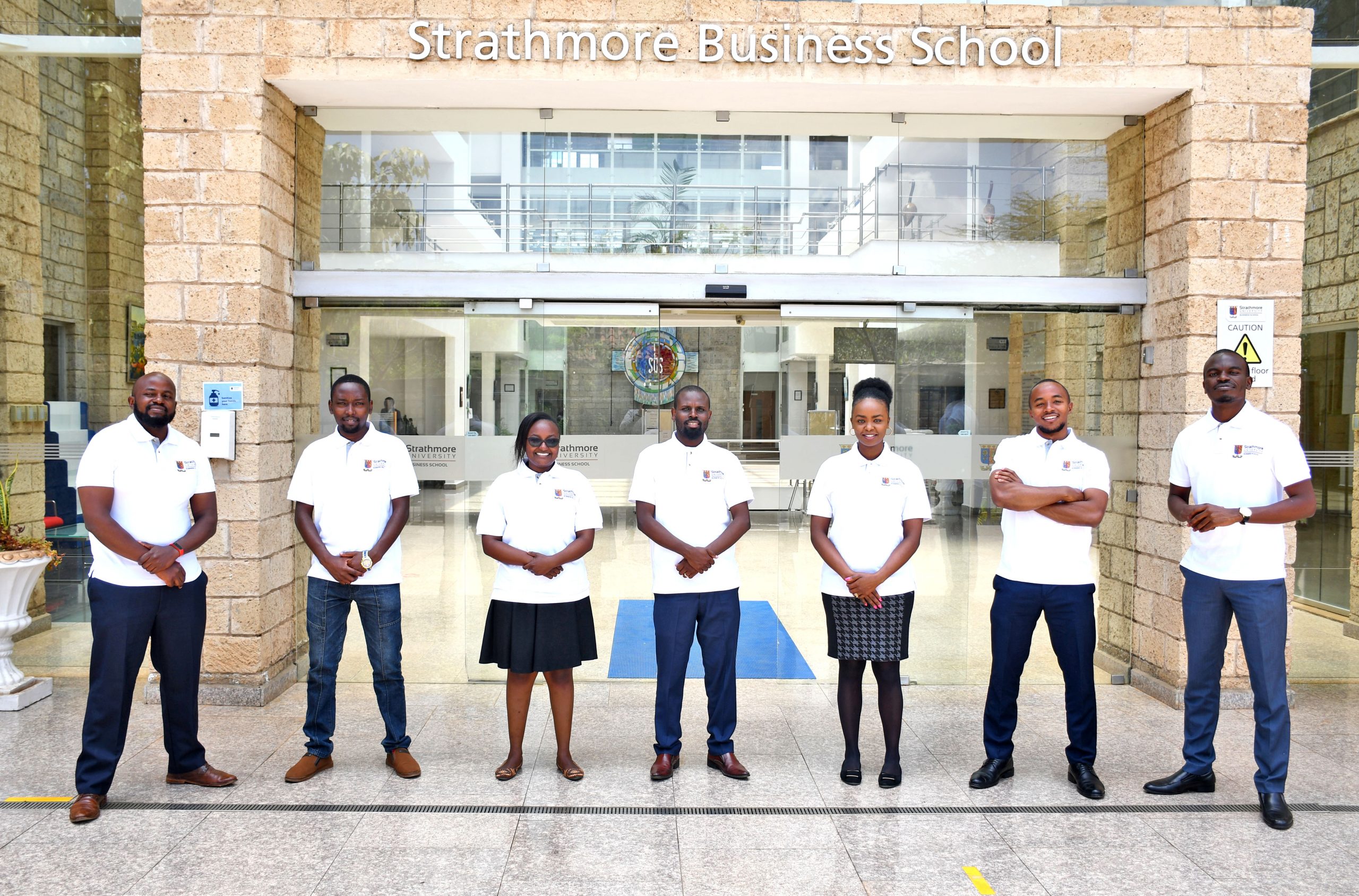
Customers are critical for any business. The quality of service customers receive can make or break your business. If your customers are unhappy, you might be in trouble. But if you have invested in their experience, you are well-poised to grow from their success. Keep in mind that when you have a base of successful customers who are willing and able to spread the good word about your business, you create a virtuous cycle.
According to HubSpot, 93 per cent of consumers are more likely to purchase again from brands with exceptional customer service and another 51 per cent note that they would never do business with a company after just one negative experience. Today, consumers have higher customer service expectations than ever before; they want fast and accessible interactions with organizations and brands.
The onset of the COVID-19 pandemic saw a rapid shift in customer behaviour, pushing businesses to adapt fast by accelerating already existent customer service trends. Customer service is now more important than ever: from contactless engagements to the personalization of customer experiences.
Customer Service Trends for a Post-Pandemic World
A recent McKinsey report cites rapid digital transformation as one of the most pronounced changes in consumer behaviour during the pandemic. “We have experienced a “decade in days” in terms of the speed of digital adoption in nearly every industry. Even as in-person life resumes this year, the new digital architecture of consumer life will not disappear completely,”reads the report in part.
- A Fully Self-Service Digital Experience. For businesses, the key to understanding the digital transformation of consumer life is realizing that consumers do not just want to interact with you via digital channels; most of the time, they do not want to interact with you at all. Customers want a fully self-serve digital experience.
- Multi-Channel Customer Support. With clients demanding constant interaction with businesses, businesses must offer customers multi-channel support. Customer support channels can include: a live customer service agent, a fully self-serve digital experience, a chatbot, WhatsApp, telephone support, text support and social media support. Multi-channel support will ensure that your customers have various options for interaction so they are efficiently and swiftly attended to thus increasing customer satisfaction.
- Round the Clock Customer Support. Consumers have greatly increased digital interactions with businesses, they expect customer support to be at their disposal 24 hours a day. In instances where a customer is trying to get help with an issue, they can be turned off and leave the sale altogether if they do not get assistance.
- Building Brand Loyalty Through Empathy. With the onset of the pandemic, customers leaned more into brands that showed empathy: from simple things such as asking how customers are doing or as complex as slowing down complicated interactions to walking customers through step-by-step instructions.
Good customer service is paramount to the growth of any business. Happy customers want to support the businesses they love: 90 per cent of consumers are more likely to purchase more, and 93 per cent are more likely to be repeat customers at companies with excellent customer service (Hubspot, 2018).
About Strathmore University Business School
At Strathmore University Business School, we endeavour to transform 21st Century leadership in Africa by taking the responsibility of influencing the leadership of public and private sectors. This is the overarching mission at SBS; Service to Society through the development of international executive business management and leadership programmes. Since its inception in 2005 and coming at a time when the world and Africa face extraordinary challenges, SBS’s mission to develop transformative business leaders is even more relevant. By the use of globally tried and tested teaching methodology using case studies, using both local and international faculty, while at the same time partnering with local industry experts who draw and localize the experiences on the ground, we ensure that our Programmes foster a culture of continuous learning.
References
- Kohli, S., Timelin, B., Fabius, V., & Veranen, S. M. (2020, June 15). How COVID-19 is changing consumer behavior –now and forever. Extracted from www.mckinsey.com
- Redboard, M. (2018, May 9). The Hard Truth About Acquisition Costs (and How Your Customers Can Save You). Extracted from www.blog.hubspot.com
By Juliet Hinga
Would you like to share an article? Write to us at sbscommunication@strathmore.edu
Share This Story, Choose Your Platform!
Your journey to business excellence starts here. Subscribe today and be at the forefront of innovation and leadership.








